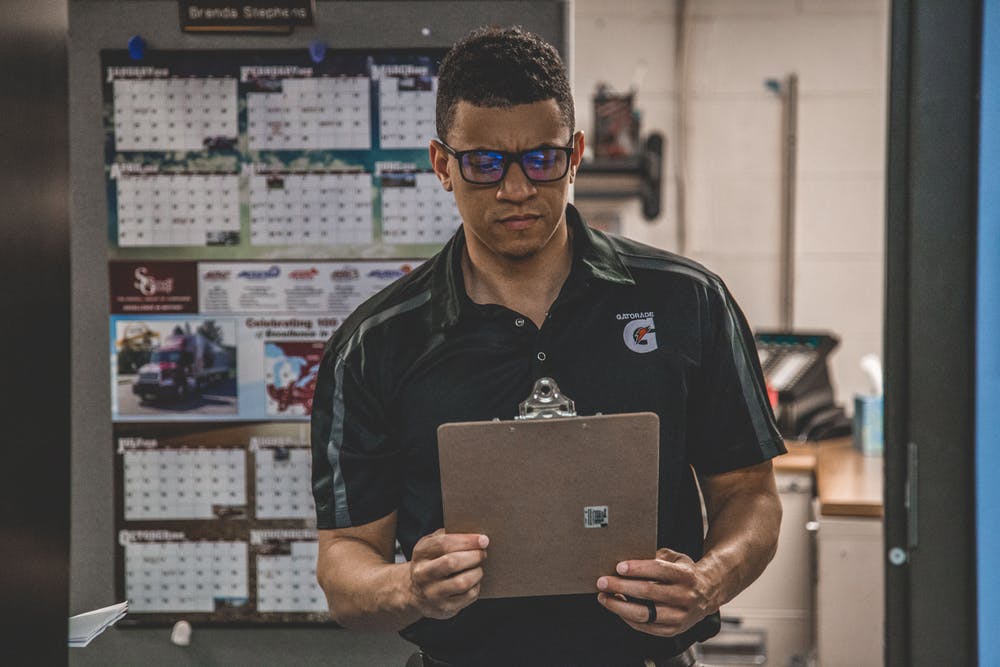In the fast-paced world of commerce, the importance of efficient and effective logistics systems cannot be overstated. While much attention is given to the forward movement of goods – from production to consumer – a critical aspect often flies under the radar: logistics moved in reverse back to the supplier. This article delves into the pivotal role the aftermarket supply chain plays in sustainable business practices, highlighting its benefits, challenges, and strategies for optimisation.
Understanding Reverse Logistics
Reverse logistics refers to the process of moving goods from their final destination back to the manufacturer or distributor for returns, repairs, recycling, or disposal. This process is not just a logistical challenge but also a strategic opportunity for businesses to enhance customer satisfaction, reduce waste, and improve their environmental footprint.
One key benefit of effective reverse logistics is the potential for recycling and reusing materials. In a world increasingly concerned with sustainability, the ability to recycle products and packaging can significantly reduce a company’s environmental impact. This aspect of reverse logistics not only helps in waste reduction but also in conserving natural resources by reusing materials.
Challenges in Reverse Logistics
Despite its benefits, this area of logistics can be fraught with challenges. The system often involves complex coordination and can be cost-intensive. Unlike forward logistics, where products flow in a predictable and streamlined manner, reverse logistics deals with the uncertainty of returns and the variable condition of returned goods.
To overcome these challenges, companies often invest in specialised reverse logistics teams. These teams are tasked with managing returns efficiently, ensuring that products are quickly sorted, processed, and redirected to the appropriate next step, whether that be restocking, refurbishing, recycling, or disposal.
Strategies for Effective Reverse Logistics
For reverse logistics to be successful, a strategic approach is needed. This includes investing in technology for better tracking and management of returns, establishing clear policies for returns and recycling, and training staff to handle the unique demands of the exercise.
Moreover, collaboration with other stakeholders in the supply chain is crucial. Businesses can create a more cohesive and effective network by partnering with suppliers, retailers, and recycling companies. This not only streamlines the process but also opens up opportunities for innovative solutions to recycling and waste reduction.
The Future of Reverse Logistics
Looking ahead, the importance of reverse logistics is only set to grow. As consumers become more environmentally conscious, they are likely to favour businesses that demonstrate a commitment to sustainable practices, including efficient planning and programming. Furthermore, regulatory pressures around waste and recycling will likely increase, making the industry a critical area of business compliance.
Conclusion
While often overshadowed by its forward-moving counterpart, reverse logistics is a vital component of a sustainable and efficient supply chain. By embracing the challenges and opportunities it presents, businesses can not only improve their environmental impact but also enhance customer satisfaction and operational efficiency.
As the focus on sustainability continues to grow, the role of logistics management will become increasingly central to the success of businesses across the globe.
Additionally, for those interested in broader environmental initiatives in commerce, exploring the concept of circular economy provides valuable insights. This approach redefines growth, focusing on positive society-wide benefits by designing out waste and pollution, keeping products and materials in use, and regenerating natural systems.

